
"Cooling down" milk tea
In May 2024, the -18 degree milk tea brand announced its closure, leaving many people sad. For the 8X and 9X generations, -18 degree was once number 1 in terms of luxury, grandeur and "coolness".
Many people consider -18 degrees as youth, because they spend a lot of days hanging out in this chain of shops. Previously, Ten Ren milk tea, which was once a big hit across the country with nearly 30 shops, had to accept raising the white flag and closing all the chains.
Other big milk tea brands like Bobapop, Dingtea, TocoToco, Royaltea, LeeTee, Alley... after a few years of dominating the country, have now cooled down and are holding on. Simply, because milk tea has passed its “trend”.
From the time when young people were willing to spend 70-80 thousand VND to buy a cup of milk tea, even having to queue up to buy it, now hardly anyone is interested. Milk tea has “cooled down”, and is only considered a normal drink.
F&B business following the trend is like walking on a tightrope. Business people have to listen and listen while selling, young people are changing their hobbies, business people have to hurry to catch up.
Chasing Gen Z
Currently, most F&B businesses following the trend are targeting Gen Z customers. Gen Z is the young generation born from around 1997 to 2012 (some people also say Gen Z was born from 1995 to 2010).

Generation Z grew up in a thriving digital environment, with new and unique trends and movements. For some early generations of Gen Z, they graduated from university around 2019 - 2020 and started working, having money to spend.
Because this generation is modern, they grasp world trends very quickly. This also makes business people have to be sensitive. More fiercely, Gen Z's eating trends are changing more and more rapidly.
In early 2023, Malaysian fried banana cakes became a hit. In mid-2023, coin cakes (cakes with cheese filling, small as coins) made young people excited. In late 2023, snow lemon smoothies (blended with lemon peel, using a strange type of lemon originating from China) made young people hunt. But in early 2024, everything changed.
In early 2023, seeing the trend of "eating up Malaysian fried bananas", I invested in opening a chain of high-end fried bananas Zero7 with the slogan "No oil, crispy for 7 hours".
On the first day of opening, the staff were so busy that customers lined up to buy continuously. Even though we increased our capacity, we still could not meet the demand.
But by January 2024, after only 3 months of "selling like hotcakes", revenue had plummeted. We bitterly admitted that fried banana cakes had passed their trend. Just like coin cakes, from the time of jostling to buy them, young people are now indifferent to this type of cake.
Strange young man
The fate of the snow lemon smoothie was even shorter. After a few months of popularity, now no one cares. The difficulty for those doing F&B business following the trend is that they cannot predict anything.
Even the giant in the F&B industry, Phuc Long, started out as a place that created peach tea, selling for 80,000 VND/cup, but couldn't make it fast enough because young people were buying too much. After only 1 year, how many people still come to Phuc Long to buy peach tea?
The owner of Phuc Long also admitted that he had to create something new to please the children. Once he was satisfied, he had to continuously come up with new dishes because the children "get bored quickly".
So, is the business of street food, refreshments, and snacks sustainable? In terms of products, it cannot be sustainable. Business people are forced to chase the consumption needs of young people - while they change very quickly. Therefore, chasing is very tiring. Therefore, sustainability only exists in the perspective of "persisting in chasing".
Whoever has the endurance, is not afraid of change, is not afraid of failure, will continue. Even young people do not know what they will like to eat and drink in the future, so how can those in the F&B business serving young people predict?
Source












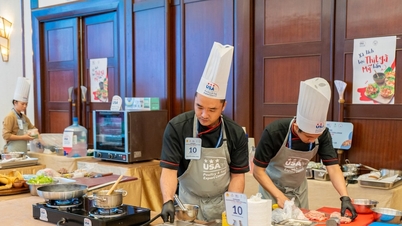

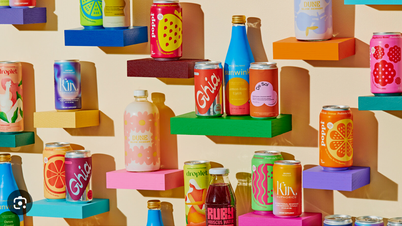

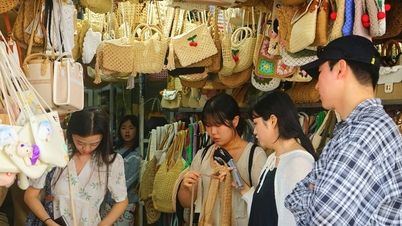
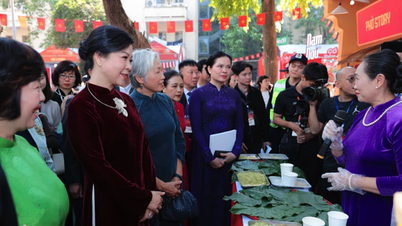
















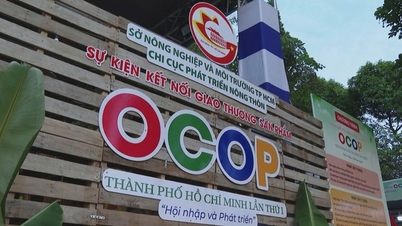

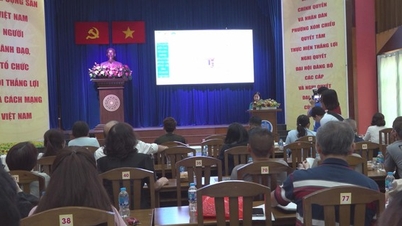




















































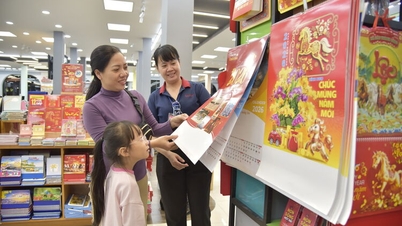

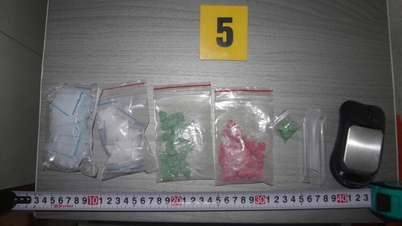













Comment (0)